Comparison of European Sign Languages (Video Documentations)
 Comparison of European Sign Languages
Comparison of European Sign Languages
An essential part of the cultural heritage of Europe is the diverse set of languages used on the continent, in their historical, literary and spoken forms. Amongst these are the 'hidden languages' used by minorities but of wide interest to the general public. The 18 sign languages of the EU - the natural languages of the deaf - are an example. Little comparative information about these is available, despite their special scientific importance, the widespread public interest and the policy implications. A pilot project on these languages based on placing fully annotated digitized moving images of three of them (Dutch, British and Swedish) on the internet is carried out here. This requires significant development of multi-media technologies which allow distributed annotation of a central corpus, together with the development of special search techniques. The technology will have widespread application to all cultural performances recorded as sound and/or moving images. The project captures in microcosm the essence of the ECHO proposal: cultural heritage is nothing without the humanities research which contextualizes and gives it comparative assessment; by marrying information technology to humanities research, we can bring these materials to a wider public while simultaneously boosting Europe as a research area. Simultaneously, the special interests of the Deaf community can be served.
Homepage of the case study: http://www.let.ru.nl/sign-lang/echo
Homepage of the case study: http://www.let.ru.nl/sign-lang/echo
Partner institutions and contributors:
 Max Planck Institute for Psycholinguistics
Max Planck Institute for Psycholinguistics
 top
top
